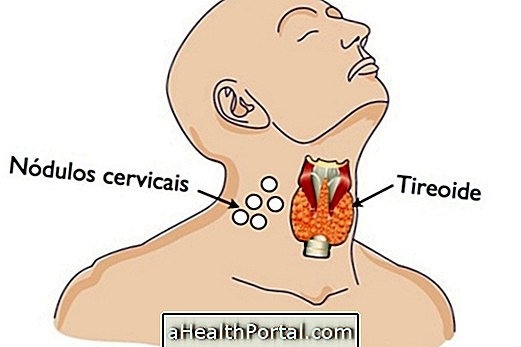Pangs on the head usually happen due to bad sleep, stress or tired nights, most often indicative of migraine or tension headache, for example.
However, when headaches are persistent and do not go away with medication, it is important to go to the neurologist or general practitioner for the cause to be investigated, as head pangs can be indicative of stroke, aneurysm, or tumor in the brain, for example.

Causes of head pangs
1. Tension headache
Tension headache, also called tension headache, usually happens due to poor posture, anxiety, insomnia, malnourished nights and stress, and can be perceived through stabbing or pressure-shaped headaches that can happen in one or on both sides of the head, for example.
What to do: The best way to relieve this type of headache is through relaxation techniques, such as performing head massage to relieve tension. In addition, it is interesting to take a warm bath as it also helps to relax. If pain is frequent or relaxation techniques are not enough, it may be necessary to take analgesic medicines, for example to relieve pain, such as Ibuprofen or Aspirin, for example. Learn more about relieving tension headache.
2. Migraines
Migraine is characterized by a constant, puncture-like headache lasting more than 3 days. In addition to the headache, the migraine may be accompanied by changes in vision, nausea, dizziness, changes in sleep and sensitivity to some smells, for example.
What to do: Symptoms of migraine can be relieved by natural measures such as meditation or consumption of teas with relaxing properties, such as artemisia tea, for example. In addition, the doctor may advise the use of medicines that help relieve pain, such as Paracetamol, Ibuprofen and Aspirin, for example. Get to know 4 treatment options for migraine.
3. AVC
Stroke usually happens due to decreased blood flow to the brain resulting in some symptoms such as severe headache, altered vision, loss of sensation in one part of the body, and difficulty lifting the arm or picking up some object, for example. Check out other symptoms of stroke.
What to do: The treatment for stroke is aimed at relieving symptoms and preventing the onset of sequelae, and it is usually recommended to perform physiotherapy as it helps to restore mobility, occupational therapy and speech therapy, for example. In addition, it is recommended to follow a diet recommended by the nutritionist, because one of the reasons why there may be stroke is poor eating habits, which can cause accumulation of fat in the arteries, decreasing blood flow.
4. Cerebral aneurysm
The brain aneurysm corresponds to permanent dilation of a blood vessel that carries blood to the brain and can cause intense and persistent headaches, as well as double vision, mental confusion, nausea, vomiting and fainting, for example. Learn all about cerebral aneurysm.
What to do: The treatment for cerebral aneurysm is done according to the physician's analysis of the aneurysm. Usually when the aneurysm is not ruptured, the doctor chooses not to perform the specific treatment because there is a risk of the ruptured aneurysm during treatment, and it is usually recommended to use medications to relieve and control symptoms, such as Acetaminophen and Levetiracetam.
If the aneurysm is found to have ruptured, the neurologist immediately recommends that the patient be hospitalized for a surgical procedure to close the ruptured blood vessel and thus avoid major bleeding and, consequently, sequelae.
5. Tumor in the brain
The tumor in the brain can happen due to genetic changes or due to the metastasis of other types of cancer and can cause symptoms according to the place of development of the tumor, being able to have stabs in the head, alterations in the touch, muscular weakness, tingling in the body and imbalance, for example.
What to do: If a brain tumor is suspected, it is recommended to seek help from the neurologist or general practitioner for tests and to identify the location and size of the tumor, and may initiate treatment. In the case of small tumors, the doctor may recommend the removal of the tumor by surgery. In cases of medium or large tumors, chemotherapy and radiotherapy are usually indicated. Understand how treatment for brain tumor is done.
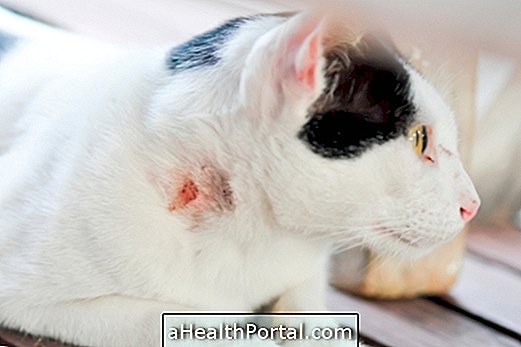
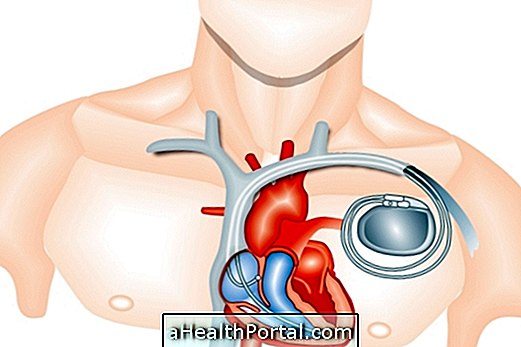

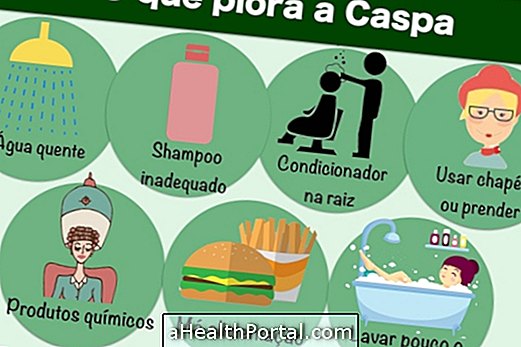
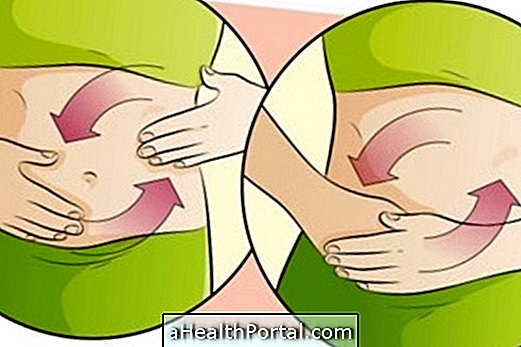






-o-que--e-para-que-serve.jpg)

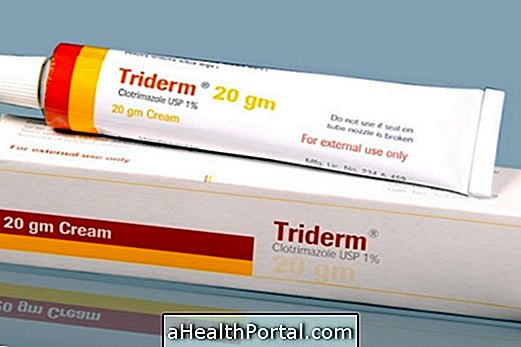


-causas-e-como-tratar.jpg)
